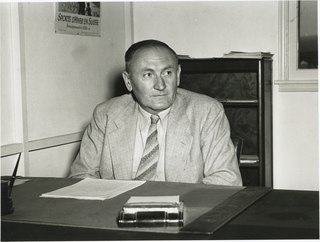A Quote by Eddie Rabbitt
People like you to be ordinary, but they prefer you if you're extraordinary. They want you to be a star.
Related Quotes
All people seem to be divided into'ordinary'and 'extraordinary'. The ordinary people must lead a life of strict obedience and have no right to transgress the law because?theyare ordinary.Whereas the extraordinary people have the right to commit any crime they like and transgress the law in any way just because they happen to be extraordinary.
With all reserve we advance the view that a supernova represents the transition of an ordinary star into a neutron star consisting mainly of neutrons. Such a star may possess a very small radius and an extremely high density. As neutrons can be packed much more closely than ordinary nuclei and electrons, the gravitational packing energy in a cold neutron star may become very large, and under certain conditions may far exceed the ordinary nuclear packing fractions.




































